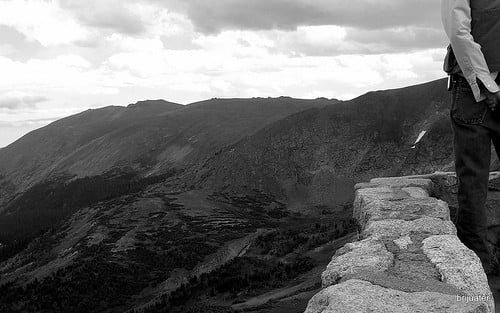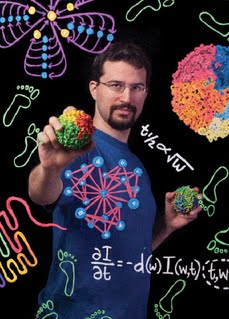
David had his epiphany not long after hiking an erupting volcano in the Fimmvörðuháls pass of southern Iceland. (Pictured above.)
At the time, he was a masters student spending a semester working with a team of seismologists.
He was also trying to figure out what to do with his life.
“I came full-circle on this issue of building an exciting life,” he told me. “I ultimately rejected the low-cost, Internet-based cash-flow business model that Tim Ferriss and others advocate as the silver bullet.”
To understand what he meant, you must first understand that David loved his time in Iceland. He developed a close group of friends and “spent evenings socializing, partying, exploring, and weekends hiking.” He climbed volcanoes and bathed in hot springs. He got to work with world class researchers solving interesting problems in beautiful locations.
“It broke my heart to leave,” he said.
David realized that an academic path could offer the exotic travel and flexibility promoted by lifestyle design gurus such as Ferriss, while also providing a sense of engagement and intellectual stimulation that would be hard to match on one’s own.
So on returning to the States, he decided to continue into his school’s PhD program. His first step, true to his desire to create an interesting life, was to “apply to every fellowship under the sun.” He won an NSF award to research in Japan, where his work on earthquake prediction had suddenly taken on a renewed sense of importance.
“My long-term goals aren’t clear yet,” he told me. “But I hope to place myself in a position where I can choose a nice place to live after the doctorate. Sweden, Norway, New Zealand, New York, and California are all on the list.”
The Lessons of David
What interests me about David’s story is that it’s relevant to both my student and my career advice.


